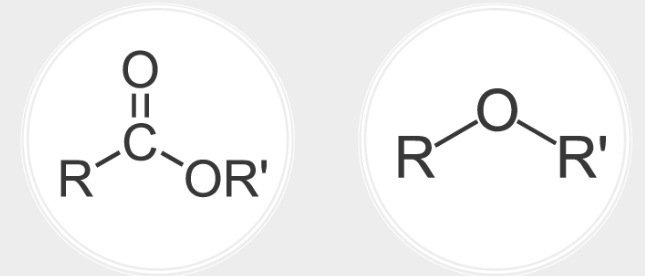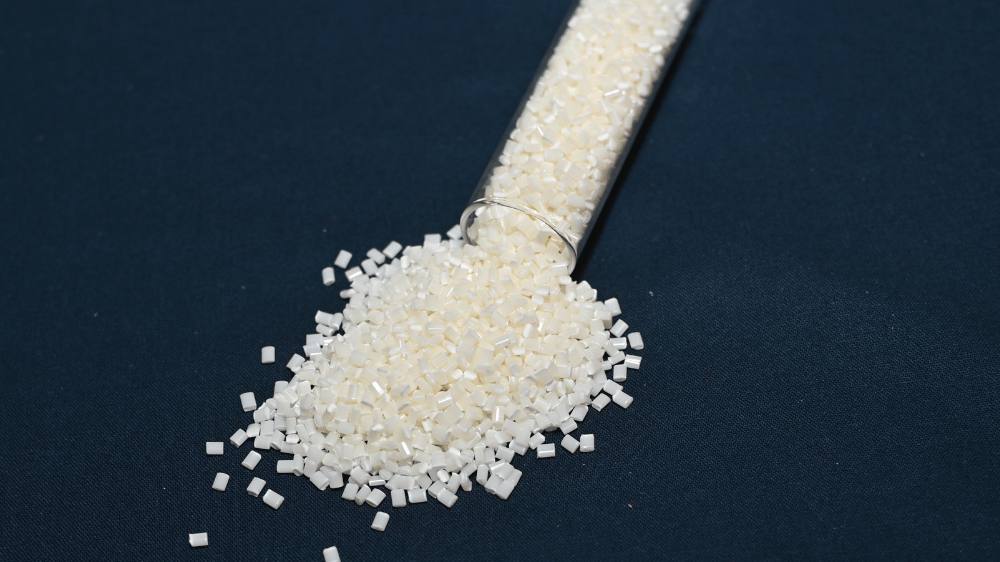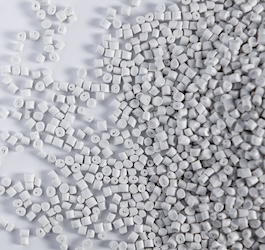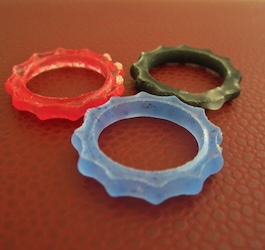Understanding ISO 10993 Biocompatibility: Ensuring Safety in Medical Devices
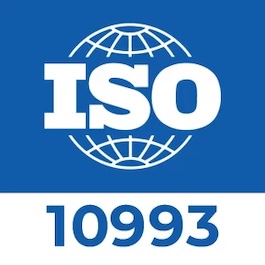
In the realm of medical device development, ensuring the biocompatibility of materials is paramount for patient safety. ISO 10993, "Biological evaluation of medical devices," provides a comprehensive framework for evaluating the potential risks associated with the materials and processes used in medical device manufacturing. This blog post aims to elucidate the significance of ISO 10993 biocompatibility and its pivotal role in medical device approval processes.
Biocompatibility is defined as the ability of a material to perform with an appropriate host response in a specific application. In simpler terms, it is about ensuring that a medical device, when in contact with the body (either directly or indirectly), does not induce adverse reactions. ISO 10993 sets forth a series of standards for conducting biological evaluations, including tests for cytotoxicity, sensitization, irritation, genotoxicity, and systemic toxicity, among others.
One of the fundamental principles of ISO 10993 is the "risk management" approach. It requires manufacturers to assess the nature, duration, and intensity of contact between the medical device and the body to determine the level of testing needed. This approach emphasizes that not all devices necessitate the same level of evaluation, allowing for a more tailored and efficient assessment process.
The ISO 10993 series covers various aspects of testing, from sample preparation to test selection and the interpretation of results. It encourages manufacturers to consider alternative testing methods, such as in vitro models, to reduce the reliance on animal testing. Moreover, the standards advocate for a thorough understanding of the material's chemical composition to predict potential biological responses, thereby streamlining the testing process.
Compliance with ISO 10993 is crucial not only for regulatory approval but also for the ethical responsibility manufacturers bear towards ensuring patient safety. Regulatory bodies worldwide recognize these standards, making them an essential part of the global medical device market.
ISO 10993 biocompatibility standards are integral to the development of safe and effective medical devices. By adhering to these guidelines, manufacturers can mitigate risks, protect patient health, and navigate the regulatory landscape more efficiently. As medical technology evolves, the principles embedded in ISO 10993 remain a steadfast commitment to safety and efficacy in healthcare innovation.





